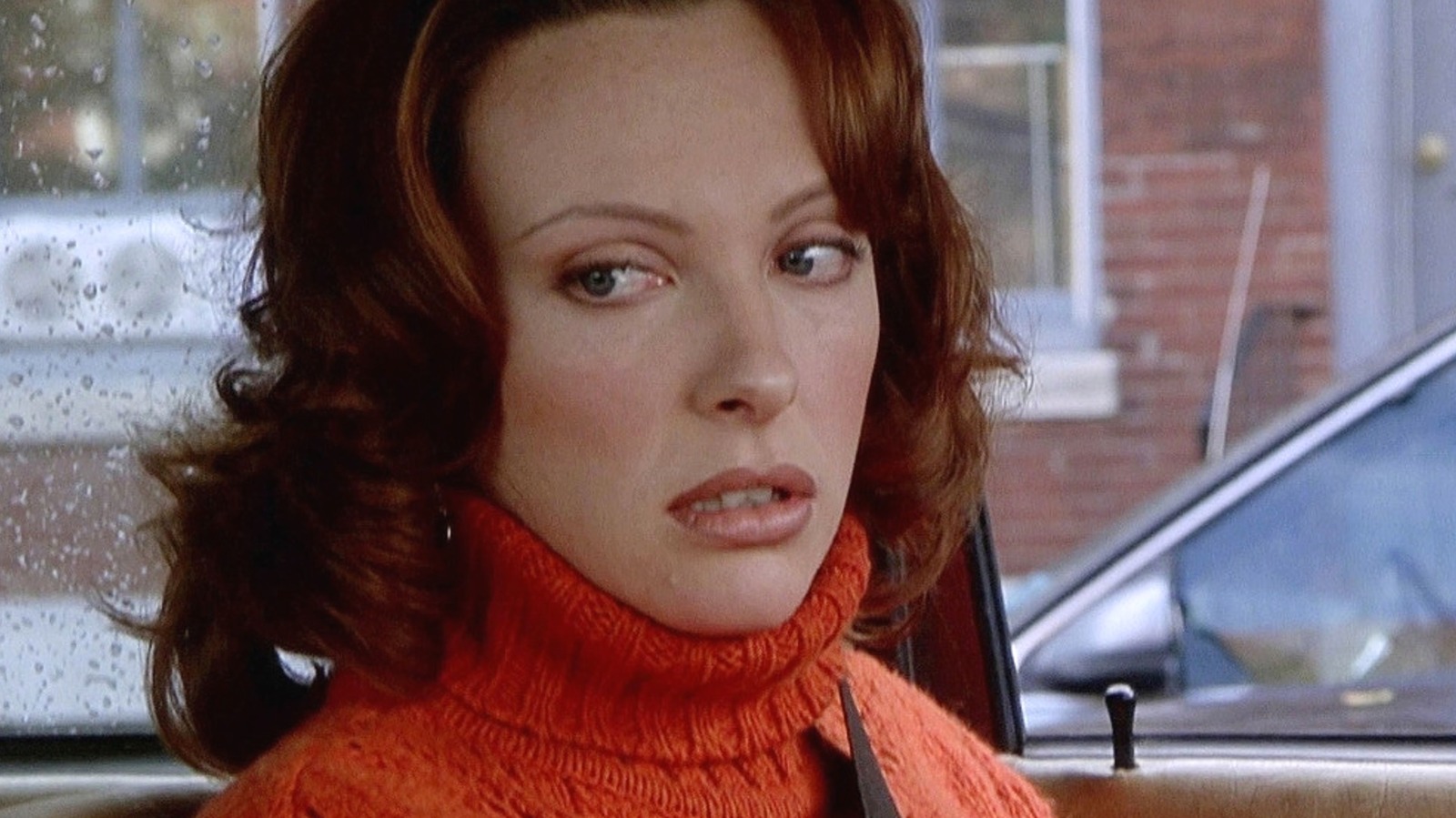Copyright slashfilm

While Collette's anecdote is chuckle-worthy, it is not far-fetched to frame "The Sixth Sense" as a spiritual story about death, suffering, and our inherent inability to communicate. "If we can't talk to each other, we're not gonna make it," Lynn gently tells Cole, as she can sense the growing divide that is preventing her from understanding his predicament. There is no grudge or ill will here, of course, but a general inability to lay one's soul bare. Cole's pain stems from his power to communicate with spirits, but this gift doesn't always translate to the living. While Malcom attempts to help the child overcome this hurdle, the full scope of the truth proves to be too harrowing by the end. In the abovementioned interview, Collette talks about the beauty inherent in such a layered exploration of emotions, which is also the case with Ari Aster's "Hereditary," a story as heartbreaking as it is terrifying: "The horror films that I've done are actually just like beautiful dramas that have an element that pushes people just a little bit further. Like 'Hereditary' is just a heartbreaking story about family grief and disconnection." While "Hereditary" explores the darkest aspects of familial bonds through a quasi-fantastical lens, "The Sixth Sense" uses Cole's communication with spirits to convey the wondrous and terrifying extremes of childhood. In Cole's case, seeing things nobody else can is a burden, and he often witnesses horrific aspects of life that no child should be exposed to. Can such a curse be channeled into a gift if Cole bravely helps those nobody else can? The answer is a hope-tinged yes, which is the quiet promise of Shyamalan's "The Sixth Sense."



